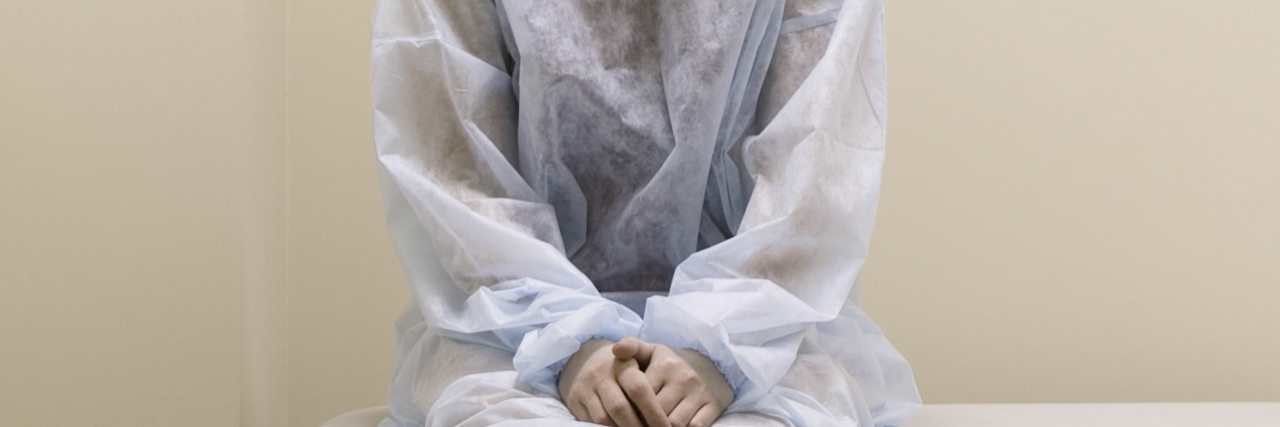I walk into 530 First Avenue towards the outpatient lab. I give the woman at the front desk my first name and last initial. A few minutes later, she calls my name to confirm my address, doctor’s name and what I’m there for. I sit in the waiting room filled with people of all ages and backgrounds — everyone is looking down at their phone. Nobody is interacting with one another. Each person is looking to get in and out as quickly as possible.
“Harper, darling…” I hear Maria say.
I’ve been coming to this outpatient lab to get my blood drawn every month for over three years. Maria gives me a hug as we walk into her room.
“How are you feeling? What is your date of birth? Who is your doctor? What is your last name, honey?” she asks.
She looks at her computer to compare my answers to my medical records. She pulls six collection tubes — three blue, two yellow and one purple. She draws my blood and keeps me distracted by telling me about her children, and I share the latest on my health. I turn down gauze and pre-wrap, and ask for a regular Band-Aid. I push my long-sleeve shirt down, put my jacket on and gather my bag.
“Hopefully won’t see you too soon,” I say to Maria as she smiles back at me.
I walk through the long hallway filled with people dealing with all different medical conditions. Some people are walking independently while others are in stretchers and wheelchairs. Everyone has their own story.
Considering I hid from my illness for the first 27 years of my life, I never thought I would become a regular at the hospital outpatient lab. After having a lobectomy in March 2012 and being hospitalized in November 2013 for bronchitis and pneumonia, this has been my routine. I never wanted to be a patient, let alone a lifelong patient, yet it comes with having an immune deficiency.
I recently listened to my amazing client and friend, Jennifer Ford (co-founder of Bent on Learning) interviewed on Terri Cole’s podcast, Hello Freedom. Jennifer acknowledged how after being diagnosed with breast cancer, she knew she had to be cautious anytime she had any sort of symptoms.
“I don’t even have a GP [general practitioner]. They did a biopsy of my lymph nodes all because I had the sniffles. Now I’m just a patient forever. That kind of hit home. I can’t just get the sniffles anymore,” said Jennifer.
I know compared to many other people, even many with the same immune deficiency, I have it really good. I have access to some of the best doctors in New York City and the ability to explore Western and Eastern medicine.
This is my life with an invisible illness. There is no cure for my illness. There is no one-size-fits-all treatment. I will always be a patient.
The Mighty is asking the following: What’s one thing people might not know about your experience with disability, disease or mental illness, and what would you say to teach them? Check out our Submit a Story page for more about our submission guidelines.
Lead photo source: Thinkstock Images

